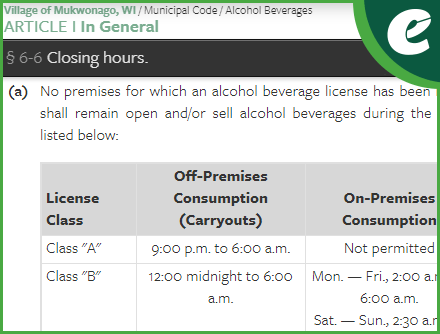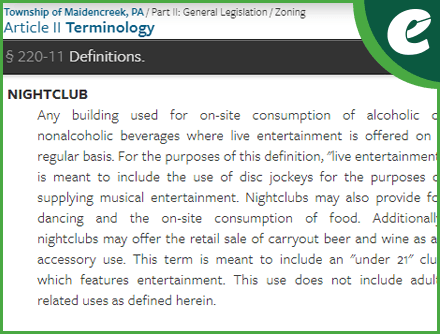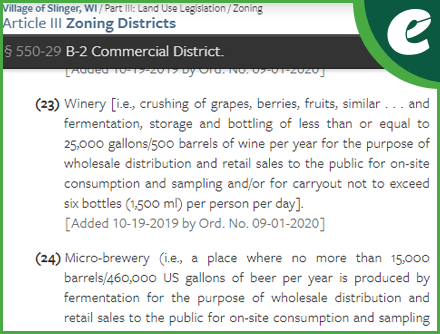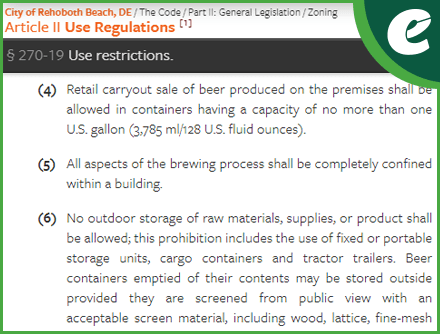Would you like alcohol with that? During the pandemic, many states enacted legislation to allow alcoholic beverages to be sold as “to-go” items. As food and beverage businesses begin to re-open and allow on-premises dining and drinking, these laws are being reconsidered at the state and local levels.
The Essentials
In the early days of the COVID-19 pandemic, state governments issued decisions on which businesses and occupations were “essential.” Only “essential businesses” were allowed to stay open and let customers inside their buildings. Liquor stores were among them, but bars and taverns were not. Food and beverage businesses could only stay open if they could provide “curbside service” or delivery.
Many restaurants depend on sales of liquor and spirits to keep their bottom lines profitable. In several states, legislatures waived liquor laws that prohibited the sale of alcohol for off-premises consumption, and municipalities suspended their ordinances or enacted new ones to allow food service businesses to provide alcohol and cocktails “to-go.”
To Go or Not To Go
As businesses are reopening and returning to on-premises service, the question remains, do states and local governments continue to allow home delivery and to-go options? Opinions are split. Some have concerns that this greater availability is making it easier for minors to access alcohol and that adults are imbibing more than ever, causing an increase in alcoholism and alcohol-related accidents. Others who have become accustomed to having greater access to alcohol enjoy the convenience and also see the benefits for businesses, making them proponents of continuing the delivery or to-go options.
What’s Next?
In states that are continuing to allow liquor to be taken off-premises, municipalities will need to grapple with whether to return to pre-pandemic liquor laws or not. Food service businesses are still struggling to stay open and welcome the ability to provide liquor and cocktails as delivery or takeout options for their customers. Finding a balancing between supporting local businesses in their recovery with what was supposed to be a temporary suspension of liquor regulations will be an important consideration for many local government boards and councils.
Useful examples from the eCode360® Library
If your community is interested in legislating to provide or ban home delivery or takeout alcoholic beverages, here are some useful examples that can be found in our eCode360 Library:
Updating Municipal Codes is Vitally Important
As local governments continue to adjust and transform digitally to the ever-shifting needs of the COVID-19 era, keeping municipal codes updated has become more essential than ever. It’s important to sustain orderly and accessible knowledge of the most current regulations and resolutions in a timely manner.
We encourage our clients to submit code updates as soon as possible to make sure constituents and local government officials are always referencing and working with the most up-to-date resources. Clients can send legislation to [email protected].
Best Practices for Managing Your Codification Budget
Many of our client communities find it helpful to be on a code update schedule to help manage their budgets throughout the year. Our Client Care Advocates can work with you and explain the options and benefits of scheduled code updates. Give them a call at 800.836.8834 or send an email to [email protected]. They’d be happy to help or answer any other codification questions you might have.
Sources:
- Number of states allowing to-go cocktails has surged from 2 to 33 during coronavirus
- Wisconsin Senate approves bill to let bars, restaurants sell cocktails to go
- Grocery-delivery giant Instacart adds alcohol service in Georgia
- Cocktails to go: Cuomo again extends order allowing takeout/delivery of alcohol
- Alcohol delivery: How to do it legally and effectively
- Eased alcohol, parking regulations extended until 2022
- Opening a Ghost Kitchen? Know the Laws That Will Impact Your Business
- These States Are Now Letting People Order Alcohol To-go (Video)
- Alcohol home delivery could soon be a thing in Mississippi
- Booze laws tweaked in Sandy Springs
- Johns Creek considers allowing home delivery of alcohol
- What changes to Gainesville alcohol ordinance could mean for restaurants, customers
- County to consider alcohol delivery ordinance once again
- Roswell restaurants, stores will pay an annual fee for home delivery of alcohol
- Cape May to curtail open alcohol containers
- Maine’s remaining dry towns reflect its prohibitionist legacy
- Casper May Allow Fast Food Restaurants to Serve Alcohol or Uber Eats, Door Dash to Delivery
- One-third of U.S. states have now legalized to-go cocktails and alcohol
- eCode360 Library






